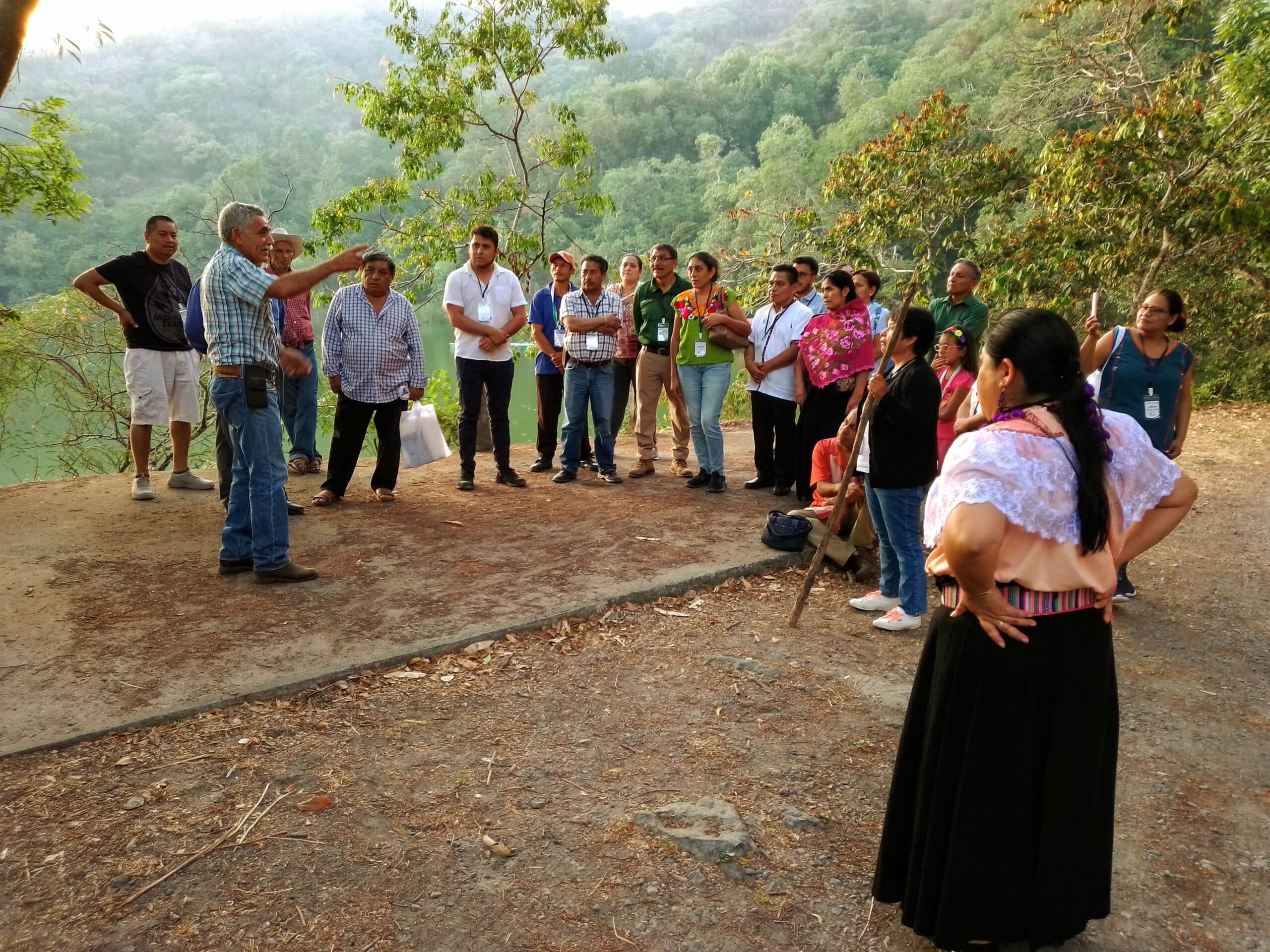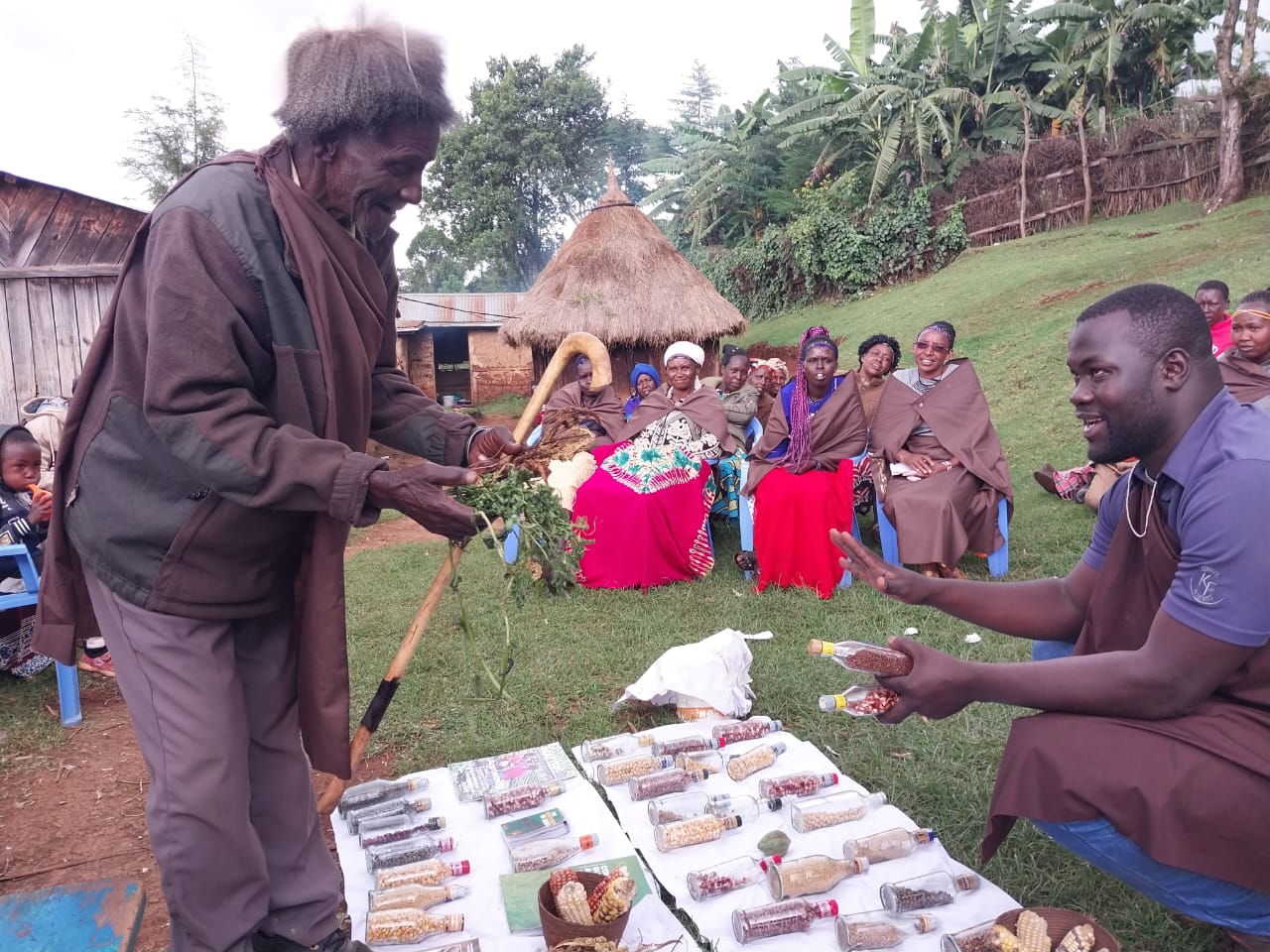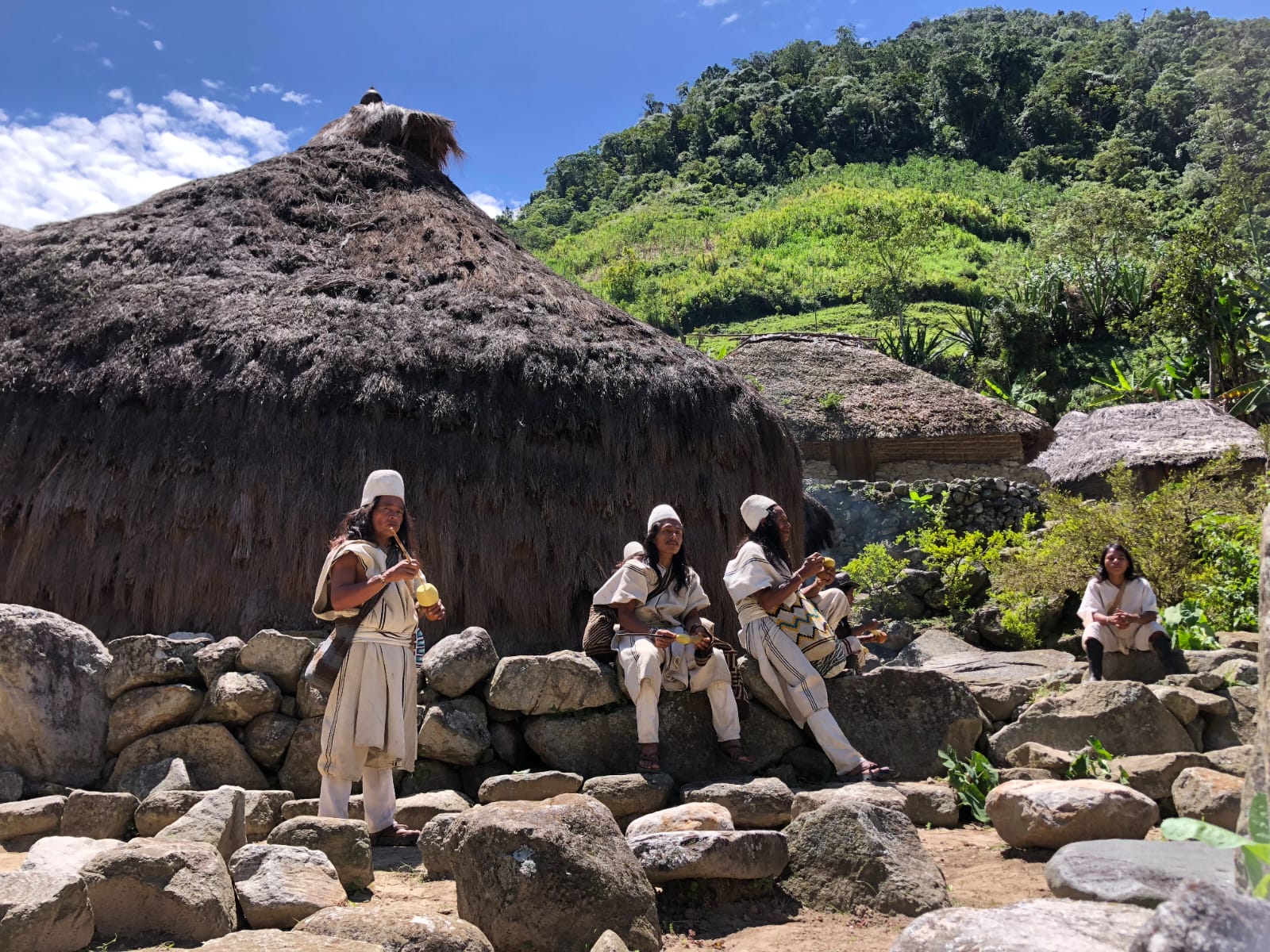The UN Committee on the Elimination of Discrimination against Women (CEDAW) released its General Recommendation on the Rights of Indigenous Women and Girls last week. The recommendation is the first-ever binding instrument focused specifically on the rights of Indigenous girls and women.
CEDAW is a UN treaty body, under the auspices of the Office of the High Commissioner for Human Rights, that monitors the implementation of the Convention on the Elimination of all Forms of Discrimination Against Women – the most important international treaty regarding women’s rights. Even though the treaty was ratified in 1981, this is the first time that CEDAW has issued a General Recommendation that pays attention to the particular situation and realities of Indigenous women.
In 2004, the UN Permanent Forum on Indigenous Issues (UNPFII), encouraged by a group of Indigenous women, called on the CEDAW to begin a process to develop a general recommendation on Indigenous women. General recommendations are suggestions or clarifications directed to States regarding specific issues affecting women to which the Committee thinks more attention and resources should be devoted.
In 2009, to push this initiative forward, the Tz´ununija´ Indigenous Women’s Movement from Guatemala prepared a shadow report to the CEDAW on the situation of Indigenous women in their territory. CEDAW responded three years later and held a week-long workshop in Wayuu territory in Colombia. This event, organized by Indigenous women from the region, was a space for developing a deeper understanding of CEDAW and formulating strategic alliances. The workshop was followed by a ten-year process of meetings, consultations, dialogues, and research that finally resulted in the General Recommendation No.39, released last week.
The General Recommendation is the first-ever binding instrument that centers around eliminating the intersectional discrimination and human rights violations faced by Indigenous women and girls. It acknowledges their role as leaders, knowledge-bearers, and culture transmitters, and pays attention to their intrinsic connection to their territories, as well as the collective dimension of their rights. The recommendation addresses the lack of implementation of their rights to self-determination and autonomy as one of the root causes of their discrimination.
Land is Life applauds General Recommendation No.39, and especially the grassroots efforts of Indigenous women who tirelessly pushed the process forward for almost two decades. We call on the State parties to effectively start fulfilling the obligations stated in the recommendation, so that Indigenous girls and women worldwide can live free from discrimination.




